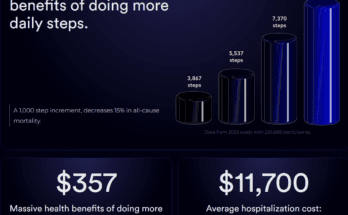Dysphagia is essentially the medical term for when a person starts to experience difficulties in swallowing and is often more commonly experienced by older adults.
If you or a loved one is experiencing any kind of difficulty in swallowing, it is very important to seek a medical professional’s advice; the sooner, the better. Generally, the earlier dysphagia is diagnosed, the better the chances that treatment will be effective and improve the outlook for the future.
What Causes Dysphagia?
There are various issues that arise in the human body that can cause dysphagia, ranging from more mild causes to more serious ones that require urgent action.
More temporary, easily eradicated causes of swallowing difficulties include dry mouth (medically known as xerostomia), flu or flu-like infections, and animal bites, particularly from certain species of spider and venomous snakes. More serious, long-term diseases which can provoke an outbreak of dysphagia include, but are by no means limited to, Parkinson’s disease, Alzheimer’s disease, a stroke, or multiple sclerosis.
If you think you may have dysphagia, make an appointment with your doctor as soon as possible, who will likely perform a physical examination to determine the cause of your swallowing problem.
How to Ease Dysphagia Symptoms
While you are waiting for an appointment with your doctor, there are a few lifestyle changes and home remedies you can employ in the meantime.
The most important change you can make is to improve your eating habits, mainly by moving to smaller, more frequent meals throughout the day. Ensure you chop your food into much smaller pieces, and even more importantly, chew your food slowly and as thoroughly as possible. Stay away from alcohol, caffeine, and all forms of nicotine, as they can cause heartburn and intensify the difficulty in swallowing.
An extremely helpful option may be to invest in a food thickening product, such as Simply Holahan, which thickens both liquids and foodstuffs to enable the act of digestion without compromising safety or the taste of the food.
Dysphagia Treatment
Treatments for dysphagia are entirely dependent on the ferocity of the disorder as well as the particular individual and their specific needs. However, most cases of diagnosed dysphagia require strictly adhered to medical therapies, and in very severe cases, even surgery.
Your personalized treatment plan will depend on whether your swallowing problem is based in the mouth or throat (medical term: oropharyngeal dysphagia) or in the esophagus (oesophageal dysphagia).
Treatments for oropharyngeal dysphagia are arranged into three main categories: swallowing therapy, dietary changes, and swallowing exercises and techniques. For oesophageal dysphagia, changes in the consistency of food and liquids can make a difference, but the main ways to treat include tube feeding through the nose or stomach surgery to widen the esophagus itself.
More unusually, in the United States, it has been known for patients to use Botox to paralyze the tightened muscles that prevent the food from reaching the stomach, but most cases are treated with surgery.


